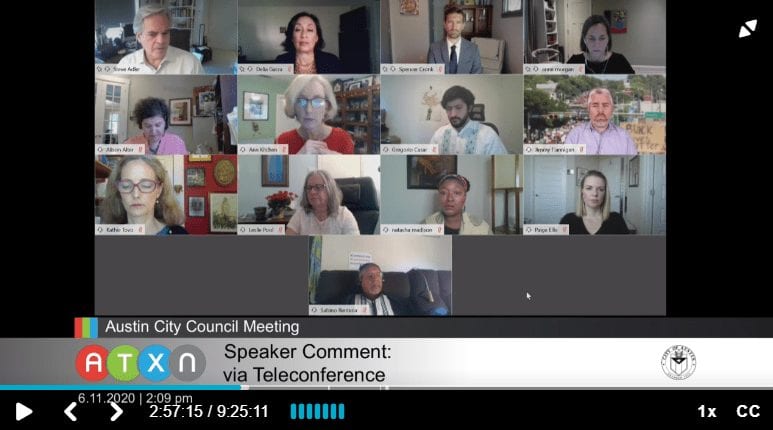Housing equity: Austin leaders take positive steps
AUSTIN, Texas (June 12, 2020) — The Austin City Council on Thursday voted unanimously to direct staff to write rules limiting checks of criminal justice involvement that are used to deny tenants access to certain types of affordable housing. The Ending Community Homelessness Coalition (ECHO) fully supports this major step toward achieving housing equity.
Council members agreed with recommendations proposed in 2018 by the Austin/Travis County Reentry Roundtable. The recommendations, available here, limit the extent to which an applicant’s previous criminal justice involvement can be considered in the housing application process.
The new rules will apply to developers who receive funding through the city’s Rental Housing Development Assistance (RHDA) program. By limiting look-back periods, city leaders are ensuring past convictions do not bar individuals from access to safe, affordable housing.
Bree Williams, ECHO’s Director of Community Housing, said the changes will dramatically increase the number of people who are eligible for housing, and thus reduce the number of people experiencing homelessness.
“This is a game-changer,” Williams said. “These changes are just as much about addressing systemic racism as discussions about police reform. Council’s support opens up so much more opportunity for us to expand access to housing across our community.”
In 2017, Black residents accounted for 23% of people arrested in Travis County, but just 8% of the county’s total population, according to the most recent analysis from the Community Advancement Network. Because of this disproportionate treatment, unfair look-back periods discriminate against our Black neighbors seeking housing. Read more about criminal history barriers to housing in Austin/Travis County here.
Council’s unanimous support of Item 94 on Thursday’s agenda sends a strong signal that the Austin community recognizes the importance of achieving housing equity. ECHO appreciates the work of Council Member Natasha Harper-Madison and her staff to bring this important reform to light.
“I think we’re all aware of the devastating relationship between racism and homelessness in our community and across the country,” ECHO Executive Director Matt Mollica told City Council on Thursday. “We know that disproportionate policing in communities of Black and Brown [people restricts] access to basic human rights, such as housing and healthcare, and Item 94 helps to account for that disproportionate policing.”


